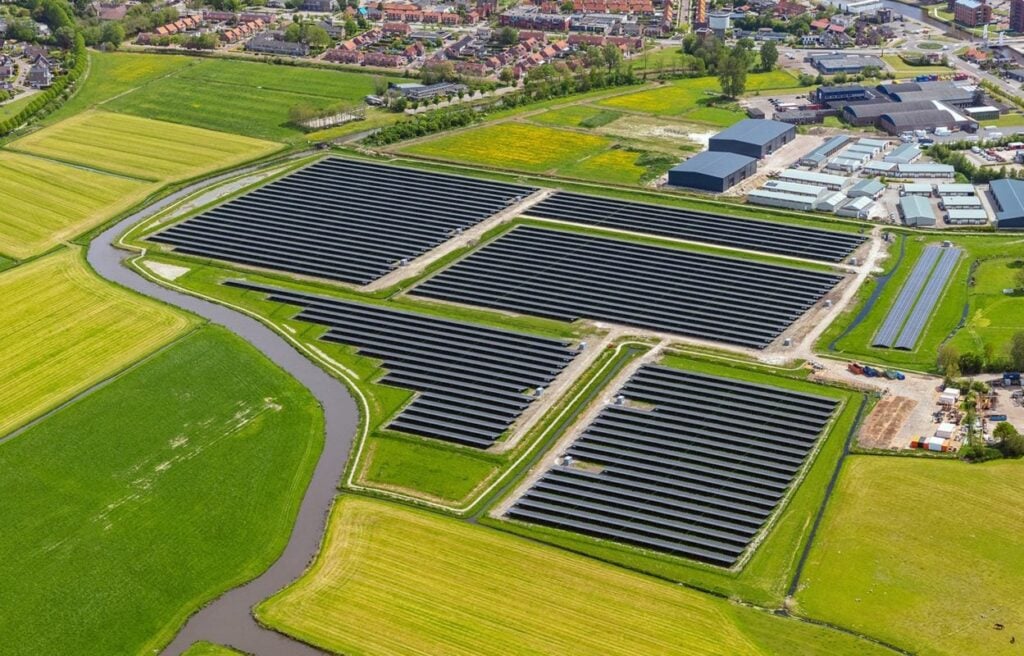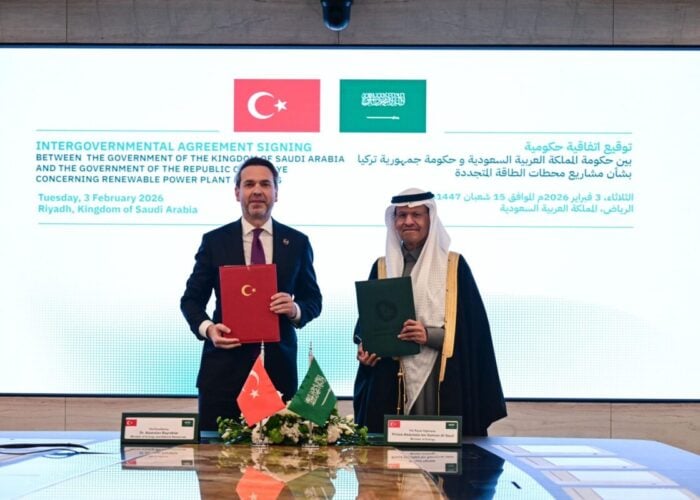
German independent power producer (IPP) Encavis AG has signed a framework agreement with PV developer Innovar Solar to develop 500MW of rolling solar PV capacity in Germany.
The IPP highlighted that the rolling portfolio means that if individual projects are successfully developed, new ones will follow, thus allowing projects to be developed in parallel. The same mechanism will be applied to projects that do not reach the ready-to-build status.
Try Premium for just $1
- Full premium access for the first month at only $1
- Converts to an annual rate after 30 days unless cancelled
- Cancel anytime during the trial period
Premium Benefits
- Expert industry analysis and interviews
- Digital access to PV Tech Power journal
- Exclusive event discounts
Or get the full Premium subscription right away
Or continue reading this article for free
According to the companies, which collaborated last year, the development of the projects has already begun. Last year, both companies signed a framework agreement to build 160MW of solar PV, comprising nine plants located near motorways and railways or in other areas permitted by construction law for use for ground-mounted PV.
This partnership between the IPP and the solar developer will more than double the current solar PV capacity Encavis has installed in Germany, which sits at 412MW, said Mario Schirru, CIO and COO at Encavis AG.
Moreover, the company recently secured €145 million (US$161 million) in financing from German bank Commerzbank. The financing will be directed towards completing the construction of a 260MW solar PV plant, located to the north of Berlin, which secured a 12-year power purchase agreement (PPA) with chemical company LyondellBasell earlier this year.
Encavis’ parent company, Encavis Group, has a portfolio of 1.2GW of renewable energy projects under construction, of which 900MW are its own assets. It is present in 12 European countries, including Spain, where it recently acquired a 95MW solar PV portfolio from German renewables company BayWa r.e. and expected to be operational in the fourth quarter of 2025.






